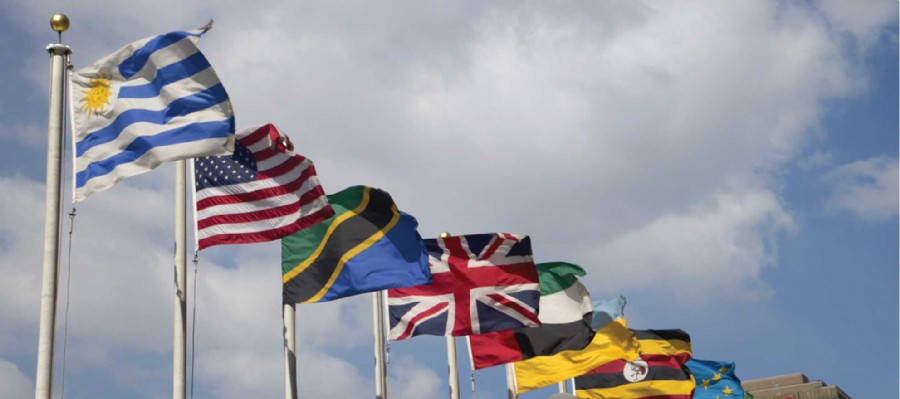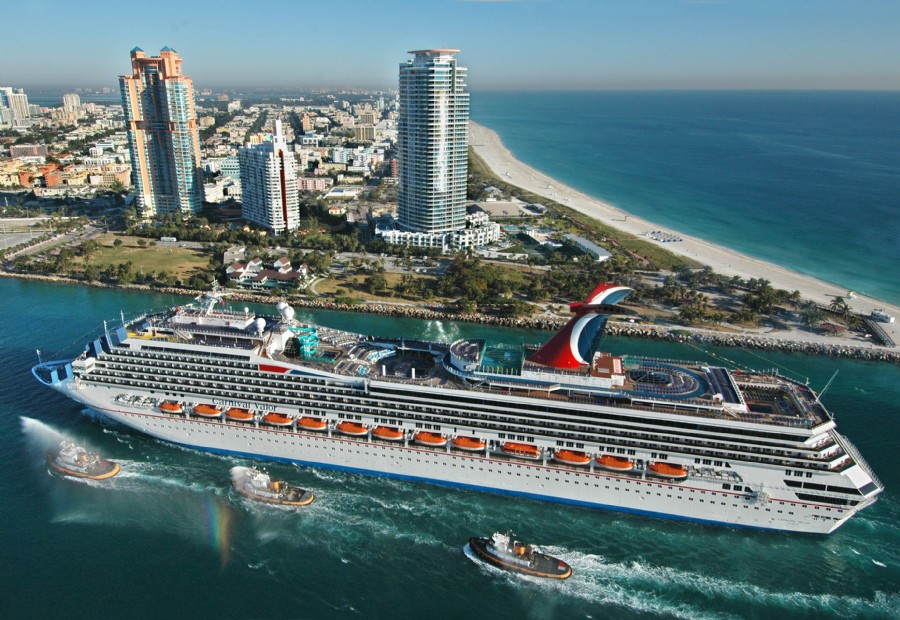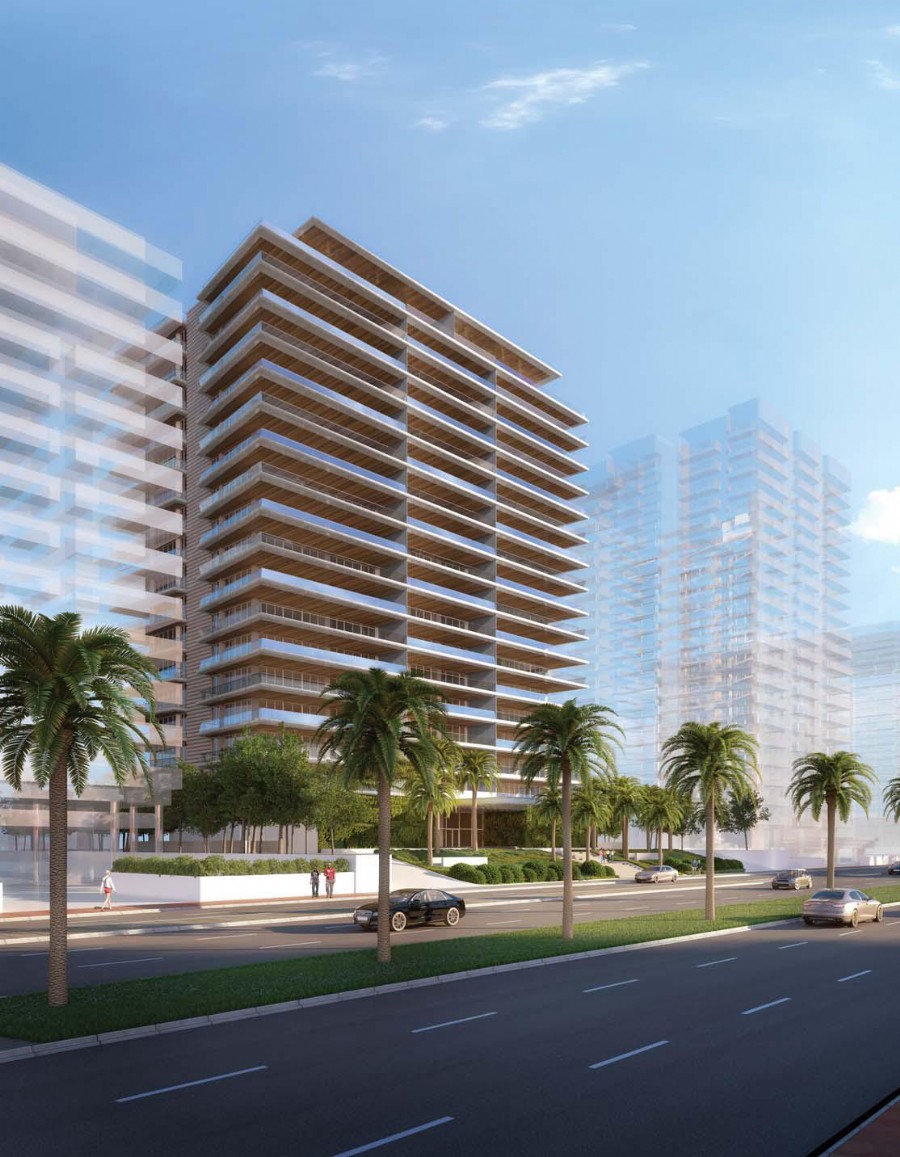Following the unfortunate attacks in Catalonia (Spain) last month, BRIC Consulting decided to make their estimates public as a sign of confidence in the future, both for the professionals of the sector as well as for their guests and clients.
The following conclusions were drawn comparing the current situation to the initial one defined in “the BRIC Consulting Barcelona Hotel Market Report” , July 2017. Besides hospitality figures, this report on Barcelona also included other related economic sectors, such as the air transport industry or the equity investment.
The report will have a continuation in the coming weeks, once there is a greater perspective and sufficient quantitative data to identify determinant consequences. In any case, our first conclusions one week after the attack are as follows: All the managers and hotel owners consulted reported having experienced cancellations of reservations in their establishments, although these were not particularly significant (between 2% and 3% in the worst case). The evolution afterwards has compensated for these cancellations in the case of private reservations via internet portals type OTA (online travel agencies), but not in the case of direct requests from groups (more than ten people), which have reduced their demand remarkably. In general, the volume and pace of new reserves has slowed down. In response to this, many hotels have reacted to the situation by applying two measures:
– A policy of short-term discounts that would allow them not to lose market share. In general, these discounts have swung between 8% and 15%. It is remarkable to note the case of chains with great presence in the city or that concentrate much of its total urban supply in Barcelona, whose tactic could be described as aggressive in the days immediately after the attack (38% discount in those hotels closest to the Gothic Quarter with respect to the previous rates or up to 50% in some well-located but not central).
– Reducing or suppressing the minimum stay required on certain dates (before it was an average of 3 nights)
These decisions have allowed to keep occupancy levels around 90% but will surely reduce somewhat the average price and profitability in RevPAR terms at the end of the year compared to the optimistic expectations a few weeks ago. Fortunately, factors such as the holding of the Congress of the European Society of Cardiology started Saturday, August 26th, with about 32,000 confirmed delegates who had already committed their trip and stay, will cushion this slowdown and the impact of the tariff adjustment. There is not a different pattern of behaviour in reservations between international and local guests. While it is true that North American and Asian tourists are historically more sensitive to these unfortunate events, it is still too early to identify such specific reaction. It should be noted here that, in the first days after the attacks, airlines like Norwegian adjusted their fares to Barcelona to about 40% from their recently launched destinations in the United States.
More modest were the adjustments in the rates of Ryanair (between 5% and 7%). All managers consulted are optimistic about the recovery of normality in the short and medium term. In fact, the common opinion is that the demand has reacted better than expected, beyond the feeling of unity and solidarity that usually occurs in these cases, keeping firmly their will to visit the city in the coming weeks and months. It should be remembered that holidaymakers accounted for almost 56% of the total in 2016, so that the predominant profile in the city would count a priori with numerous alternative destinations if Barcelona would not transmit an image of enough confidence regarding to its security.
Although, it is still early to estimate what the medium-term evolution of the market may be, there is a consensus in believing in a complete recovery of the destination, taking into account that the total volume of reservations a week later remains considerably high. In the case of tourist apartments, a higher volume of cancellations was detected than that registered in hotels (4% on average) but, in any case, much lower than expected by its managers. The reason is not the nationality of its customers but its typology: being more used by families, the reaction has proven to be more conservative than in the case of regulated hotel accommodation.
It’s interesting to highlight the comment from one of the hotel responsible persons consulted regarding the international offer: in his opinion, the attack in Barcelona has had a much smaller impact on the total number of cancellations during these first days in comparison with Paris (20%) or Brussels (35%), where his company also manages apartments.
Finally, with regard to the hotel investment market, operations with negotiations underway or pending signature in September for the performance of due diligences, go ahead without any news.













